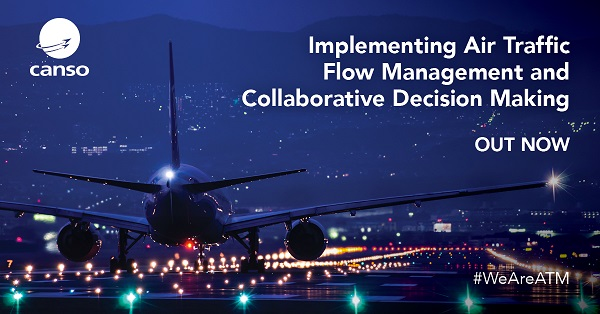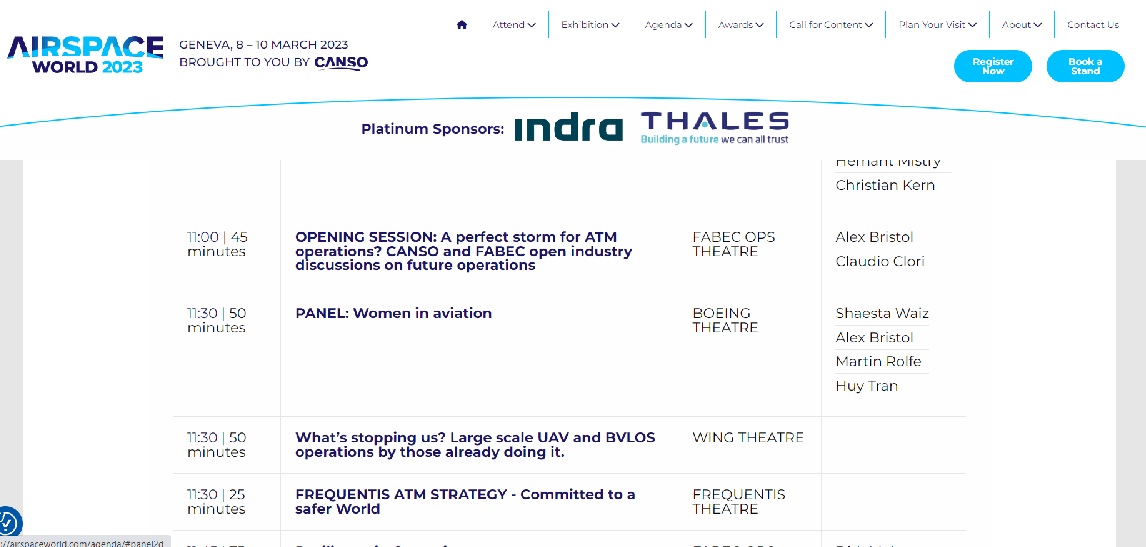New CANSO best practice helps deliver air traffic flow efficiencies
CANSO (the Civil Air Navigation Services Organisation) has launched a best practice guide to help increase operational coordination between aviation stakeholders and enable safer, more efficient air traffic flow.

CANSO has published a new guidance document – Implementing Air Traffic Flow Management and Collaborative Decision Making – to help air navigation service providers (ANSPs) and other aviation stakeholders to meet international standards for flow management and to effectively balance demand from increasing air traffic against airport and airspace capacity.
CANSO’s guidance on air traffic flow management (ATFM) will help ANSPs and other stakeholders to better monitor demand, capacity and constraints at airports and in airspace, and to identify and address imbalances. It will also help to build processes and procedures that ensure stakeholders share accurate and up-to-date information, and make appropriate decisions to balance demand with capacity, and improve traffic flow.
In addition, the new guidance document will support the successful implementation of collaborative decision-making (CDM), a process for ensuring that all stakeholder needs are considered before decisions are made. Together, ATFM and CDM can optimise airport and airspace capacity and improve the efficiency and effectiveness of air navigation service provision.
The guidance document closely examines the considerations and benefits of implementing ATFM and CDM, and offers practical advice in support of ICAO’s Doc 9971 Manual on Collaborative Air Traffic Flow Management (ATFM).
Jeff Poole, CANSO Director General, commented: “Increased flying times, airborne holding, extended radar vectoring, extended routings, extensive speed control, delays on the ground and in the air, are all critical issues for airspace users and the flying public they serve, and can result in a lack of predictability. CANSO is working hard to address this and to help ANSPs and other aviation stakeholders to achieve seamless traffic flow and increased information sharing and coordination.
“This new best practice guidance combines the expertise of CANSO Members experienced in ATFM and CDM implementation, and is a useful tool for developing, monitoring and improving vital ATFM and CDM techniques. It is essential for any ANSP that is looking to implement ATFM and CDM and to improve ATM performance. It is also a useful reference for our aviation industry partners in understanding the collaborative solutions that are available to improve air traffic flow globally”.


